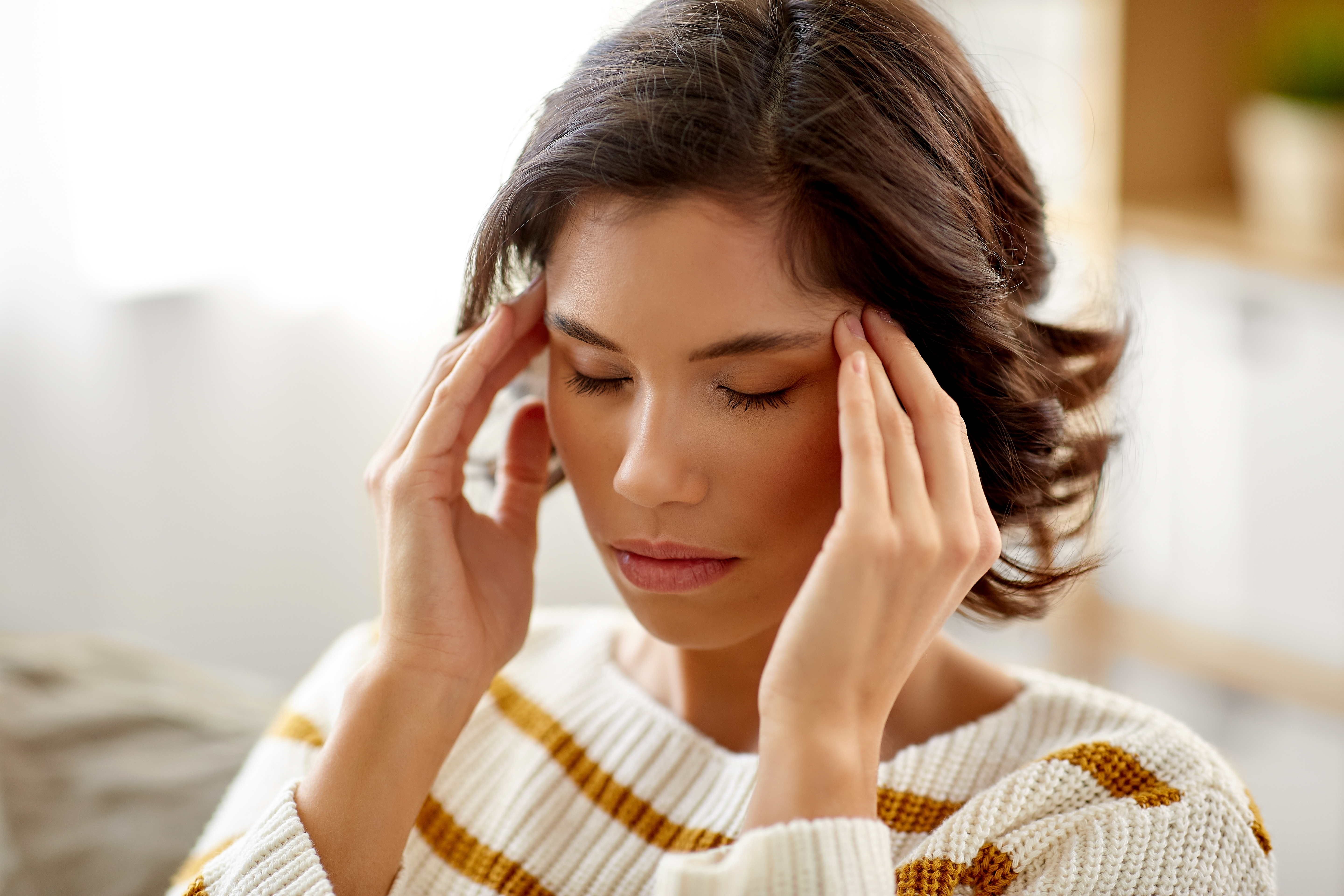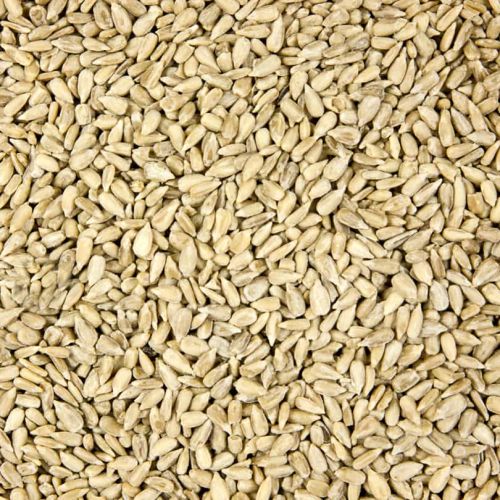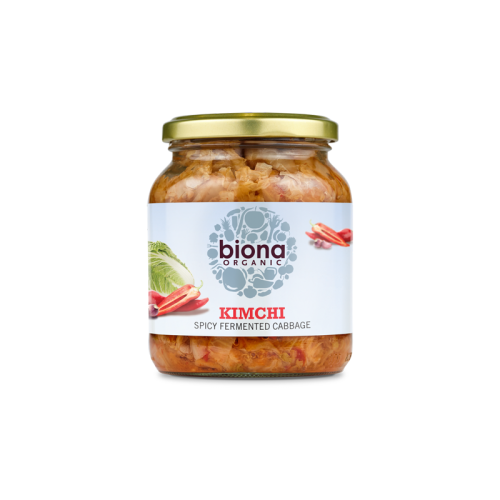
Photo Credit: "© [Syda Productions] / Adobe Stock
The five foods that can support you through the festive season.
More than 200 years ago the American statesman Benjamin Franklin famously said of life: “Nothing is certain except death and taxes.”
But perhaps this ignores many other inevitable human experiences including stress, which can interrupt our lives when we least expect it.
The dictionary definition describes stress as a “state of mental or emotional strain or tension resulting from adverse or demanding circumstances.”
And who doesn’t at some point in life face pressures that can affect the balance of their health?
While occasional bouts of stress can be difficult to avoid, chronic stress can have serious health implications.
The benefits of exercise, friendship and positivity play a major role in combating the effects of stress, but there are foods which can support efforts to regaining personal calm.
OUR TOP FIVE
Cherries
Bite-sized, sweet, or tart, the cherry is highly nutritious.
The sweet varieties are a good source of serotonin, which is thought to regulate appetite, sleep and mood. They also contain melatonin which helps regulate the sleep-wake cycle. Both of these are vital for improved mood and a feeling of general well-being. On top of these benefits cherries can help reduce inflammation, support heart health and speed recovery after exercise. Experts even suggest enjoying a serving of the fruit about an hour before bedtime to assist sleep.
Matcha powder
This vibrant green tea powder is richer in stress-relieving amino acid L-theanine than any other green tea.
Made from tea leaves that have been grown in the shade, matcha has been shown in studies from Japan to deliver significant improvements in mood in research. In a 15-day trial for the 2019 study, a test group ate cookies baked with 4.5g of matcha powder. Researchers showed that they experienced reduced stress markers when tested. Study author Keiko Unno, of the School of Pharmaceutical Sciences, University of Shizuoka, said: “Reducing stress with matcha may become a new health-giving strategy for achieving good daily life.”
Kimchi
This fermented vegetable dish is packed with probiotics, vitamins, minerals, and antioxidants. Researchers at Harvard Medical School argue that the consumption of fermented foods may link traditional diets with positive mental health.
And they believe that the fermentation process can increase the nutrient content of foods which is associated with mental health and brain health. Research by the US University of Maryland also found that fermented foods containing probiotics may have a protective effect against social anxiety in people predisposed to suffering the effects of this condition and stress.
Chickpeas
Like sunflower seeds, chickpeas are packed with vitamins and minerals equipped to fight stress. Magnesium, potassium, B vitamins, zinc and selenium all give this little powerhouse the ability to combat the effects of stress.
Research backed by the Italian Ministry of Health showed that diets rich in proteins such as chickpeas may help improve brain health and improve mental performance.
Sunflower seeds
A low intake of vitamin E is associated with altered mood and depression.
But the sunflower seed is an incredibly rich source of this fat-soluble vitamin which acts as an antioxidant and is vital for mental health. As well as vitamin E sunflower seeds also pack in other stress rescuing nutrients such as magnesium selenium, zinc, B vitamins and copper.
IN STORE NOW
Whole and Broken Red Cherries 1kg £4.99
Green Matcha from £2.50
Kimchi 350g £4.09
Sunflower Seeds from £1.99
Chick Peas 500g £1.29
What the NHS says:
“There are key areas of life that have been shown to assist with coping with stress. “In life, there’s always a solution to a problem,” says Professor Cary Cooper, an occupational health expert at the University of Lancaster. He advises taking some exercise, connecting with friends, having ‘me’ time, helping others, and being positive as first steps. For more advice, please visit https://www.grapetree.co.uk or contact your GP.”

